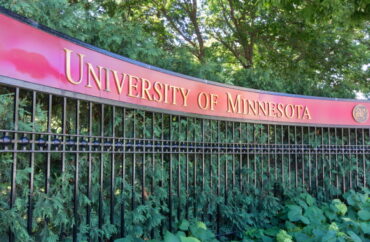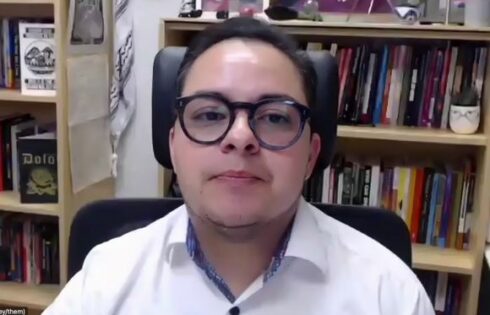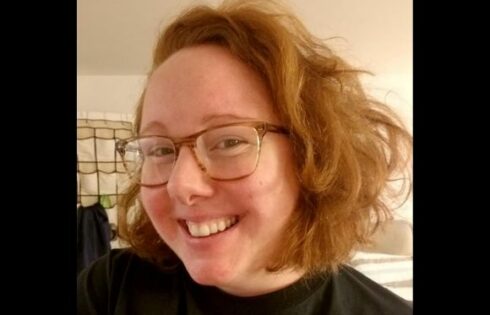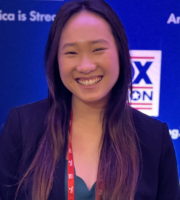
The University of Minnesota employs one administrator for every three undergraduates, a ratio that has stayed the same over the last decade, an analysis by The College Fix found.
From the 2013-14 academic year to the most recent available data in 2022-23, UM’s administrator-to-student ratio has remained consistent, with the most current numbers showing 313 per 1,000 undergrads.
Specifically, Minnesota’s flagship public university employed 9,089 administrators and support staff employees in the last school year to oversee 29,057 undergrads, according to statistics filed by the school with the Integrated Postsecondary Education Data System.
Administrators and support staff employees include student and academic affairs divisions, IT, public relations, administrative support, maintenance, and legal and other non-academic departments.
The ratio of teaching and instructional employees to students has also remained about the same during that same 10 year-timeframe, an average of 135 educators per 1,000 undergraduates, IPEDS data show.
Historically, universities have had increasingly worse administrator-to-student ratios since 2013, as reported for schools like Northwestern University, Youngstown State University, Kentucky State University.
At UMinn, while the employment-student ratios have remained consistent, campus leaders have focused hiring efforts on expanding diversity, equity and inclusion positions in recent years.
Mercedes Ramírez Fernández, its vice president of DEI, was hired in the fall of 2022 with a base salary of $325,500, according to a report by the Board of Regents. She oversees the university’s Office for Equity & Diversity, which added a director of education to the office in 2022, according to the university’s website.
It also employs: two associate vice presidents for equity and diversity; an associate vice president for institutional engagement and education justice; a director of communications; an events and engagement coordinator; and several other administrative positions.
The university also runs an “Office for Supplier Diversity,” whose director is charged with ensuring the public institution’s contracts are diverse, with an emphasis on “businesses owned by women, minorities, and persons with disabilities.”
It also employs directors for its Gender and Sexuality Center for Queer and Trans Life and its Disability Resource Center.
Last month, Amelious Whyte was hired as interim director of DEI for the College of Liberal Arts. Whyte replaced Malinda Lindquist, who helped establish the DEI office in 2021.
The College of Liberal Arts DEI department was contacted by The College Fix for its intended plans for the interim position. They responded with an email from interim Dean Ann Waltner stating Whyte would be interim director, and did not comment further.
Most of the university’s schools and colleges also offer committees comprised of faculty and staff dedicated to embedding DEI into the school’s innerworkings.
As part of the university’s MPact 2025 strategic plan, more DEI-based hiring is in the offing.
A 2021 Heritage Foundation analysis on administrative DEI employment in higher education found the University of Minnesota employs 57 people for DEI initiatives and 2.6 DEI-dedicated employees for every 100 faculty members.
“Continuing to hire more people with sophisticated, corporate-sounding titles seems unlikely to help students feel welcome and learn from each other—nor will creating new units with more administrators advancing political agendas that may be at odds with the preferences of those who pay and subsidize tuition,” according to the analysis by the conservative group.
MORE: U. Minnesota scrubs info on racially segregated event after federal complaint
IMAGE: Ken Wolter / Shutterstock
Like The College Fix on Facebook / Follow us on Twitter





Please join the conversation about our stories on Facebook, Twitter, Instagram, Reddit, MeWe, Rumble, Gab, Minds and Gettr.